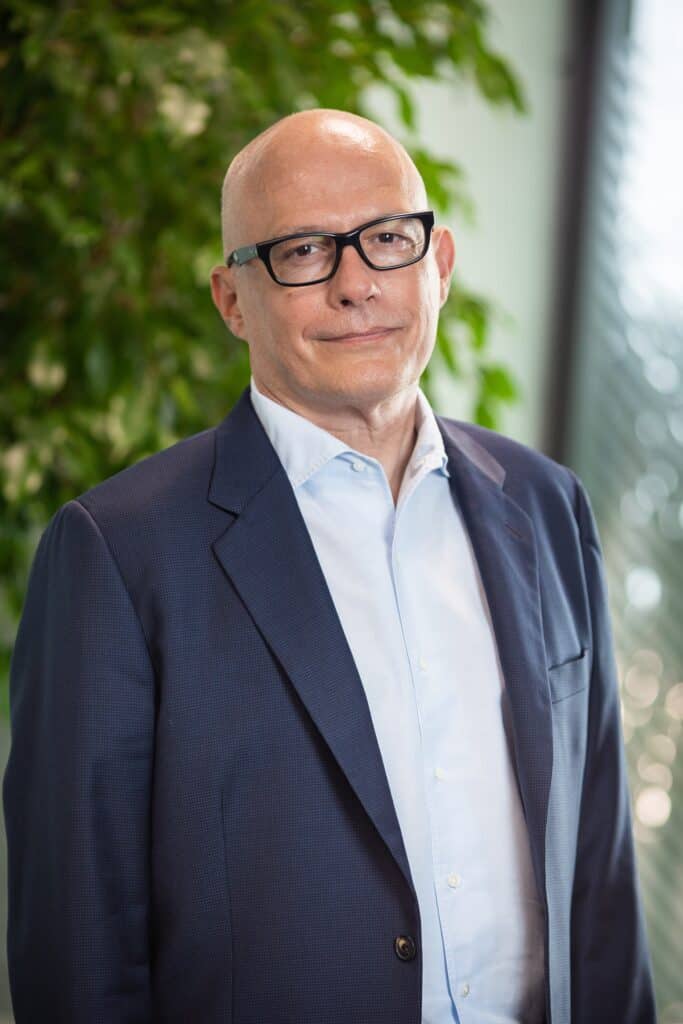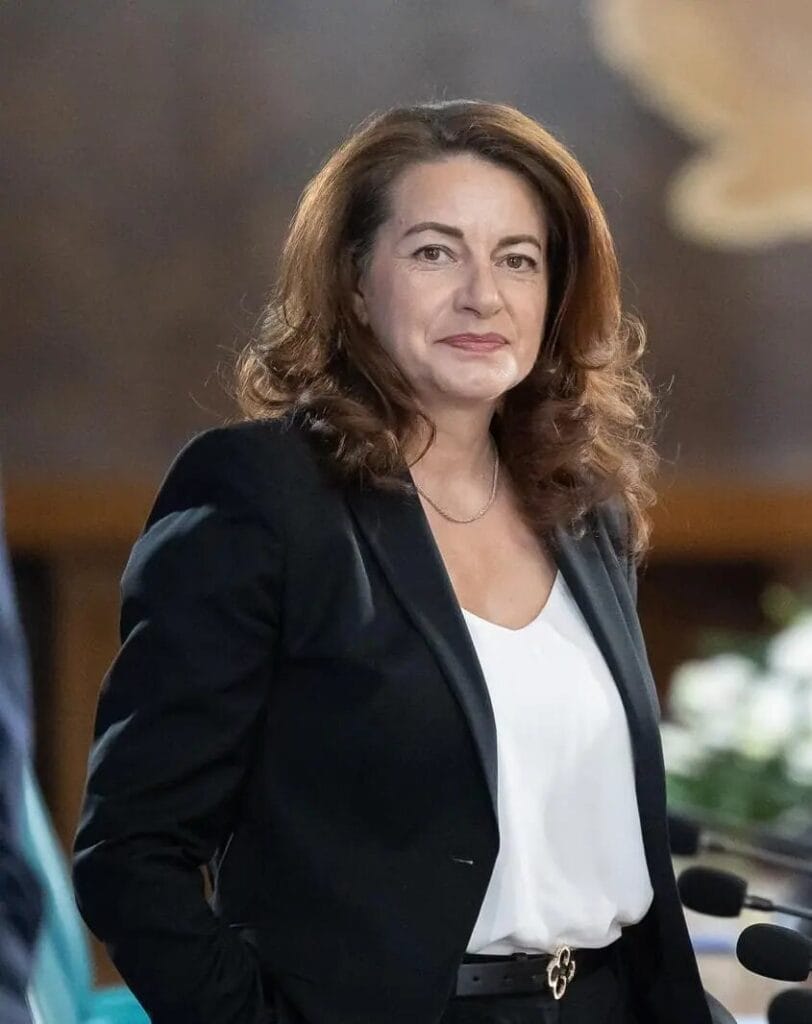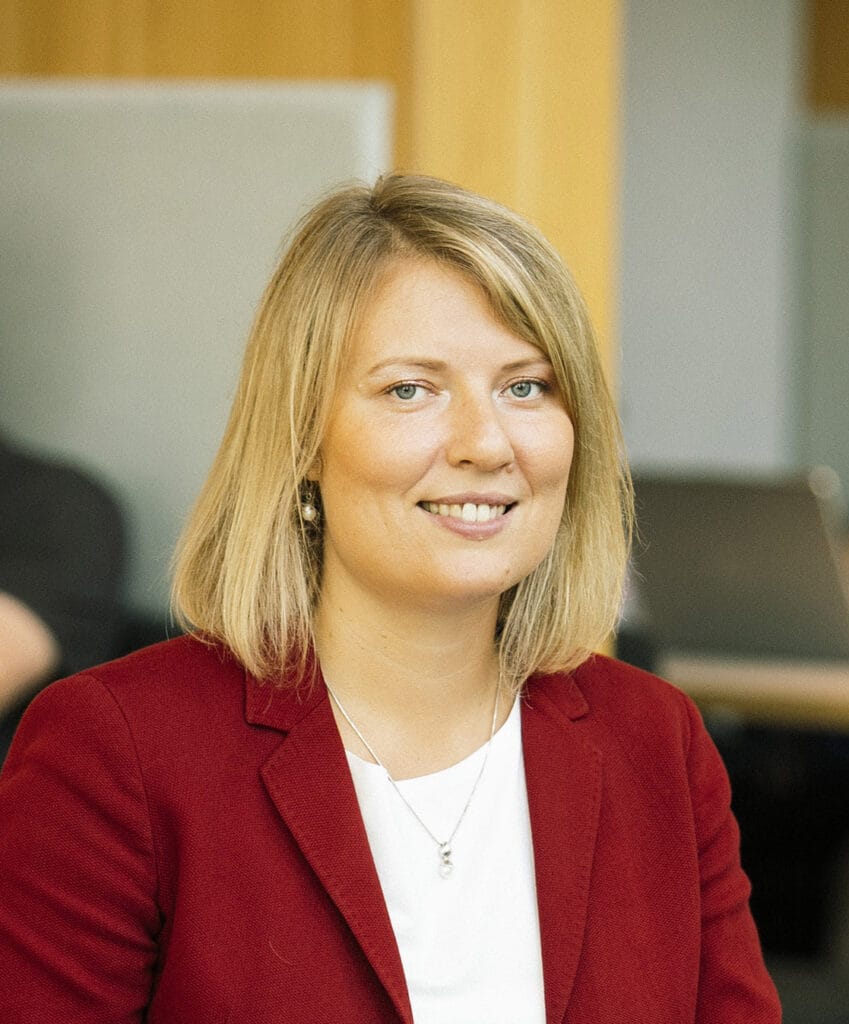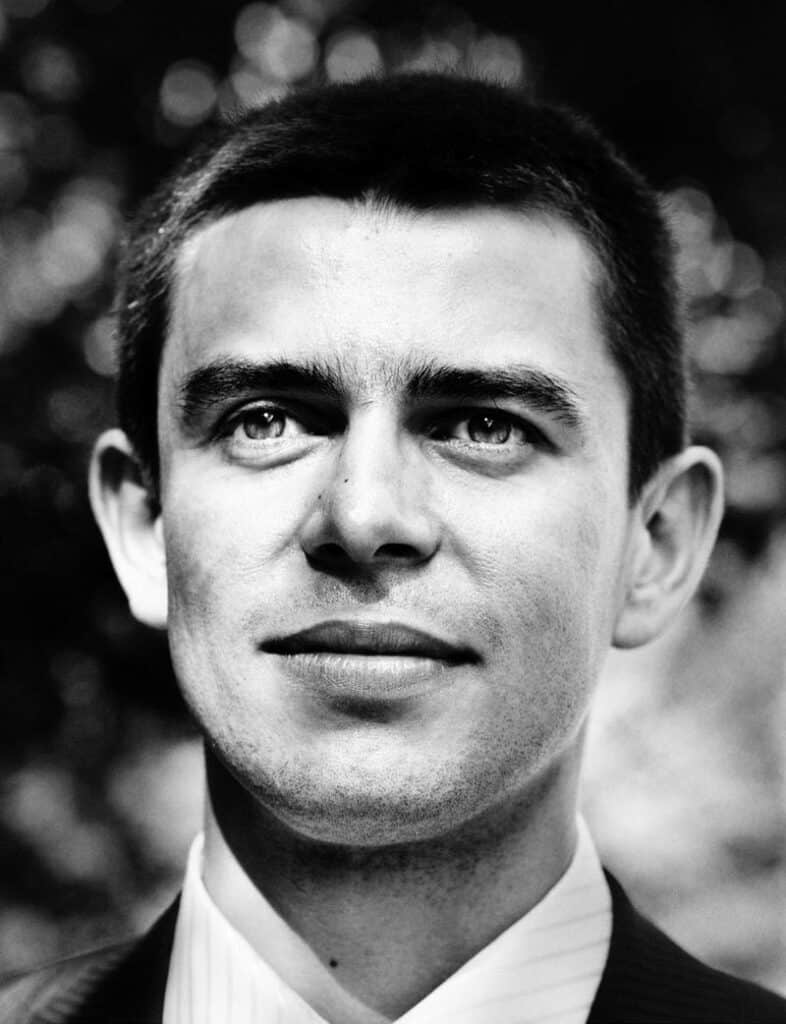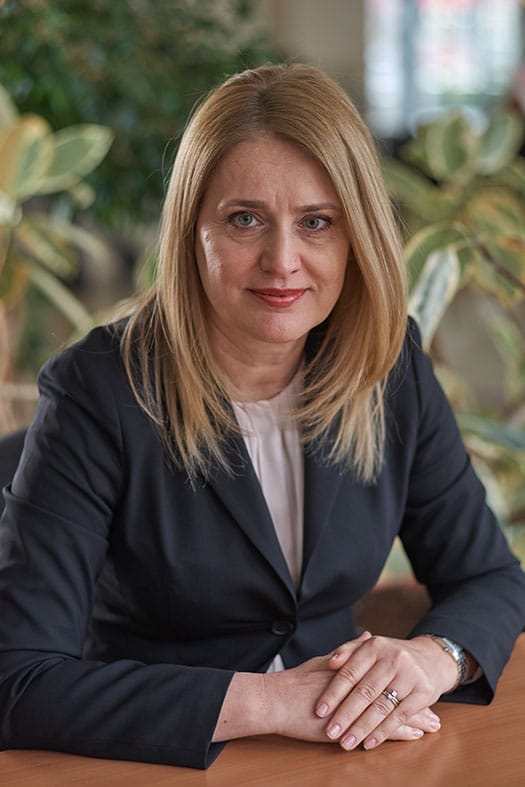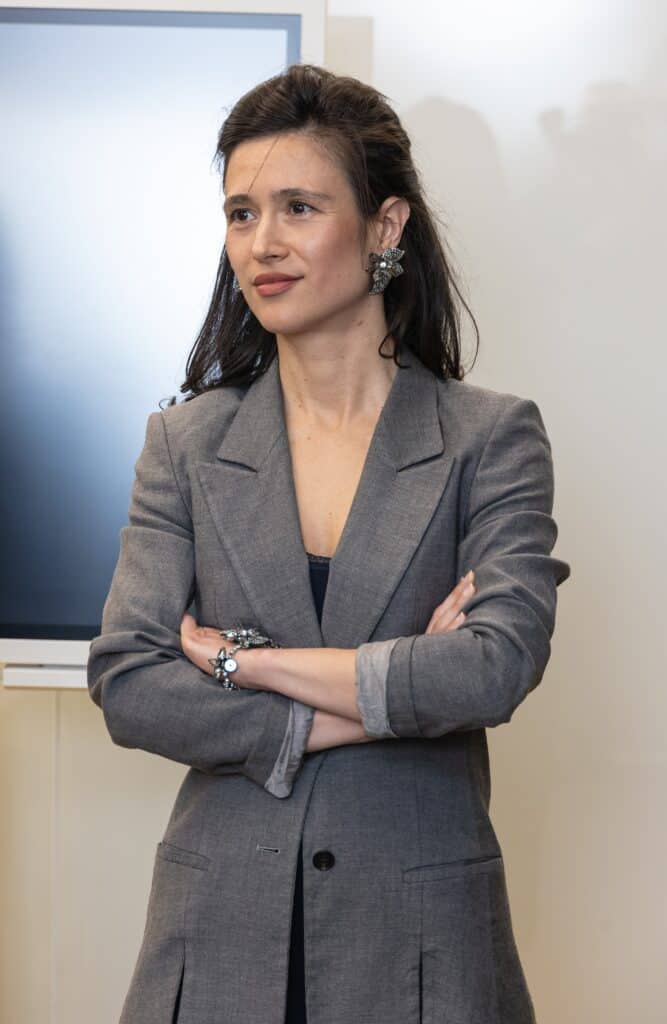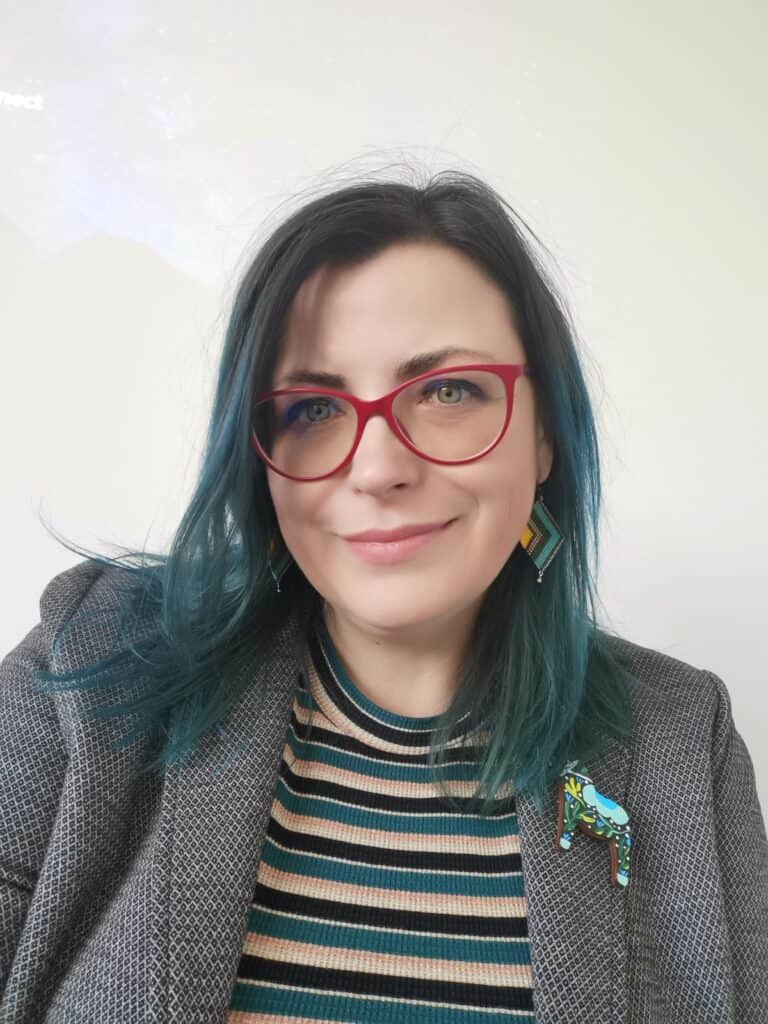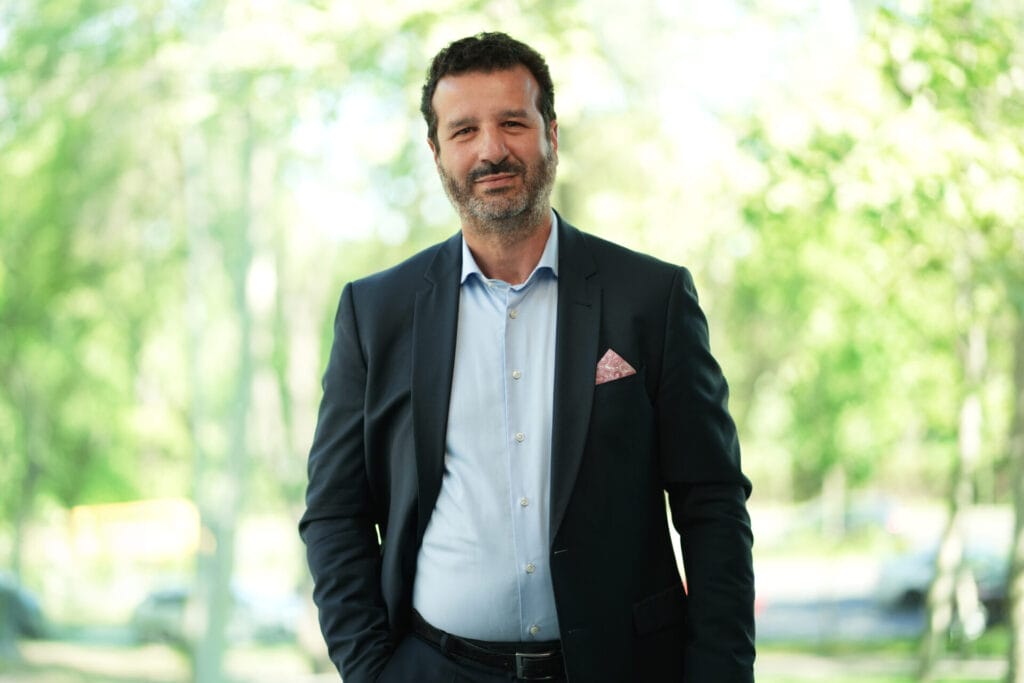While digital technology and the internet have transformed our lives, bringing unprecedented convenience and efficiency, they come with hidden environmental costs. The expansion of servers, data centers, cloud computing, and electronic devices is fueling a dramatic rise in energy use, which in turn accelerates global warming. New technologies, the underlying digital infrastructure, and the escalating production of e-waste all play a pivotal role in exacerbating climate change.
Energy consumption: servers, cloud computing and AI
Servers generate enormous amounts of heat, requiring continuous air conditioning or specialized cooling systems to prevent overheating. Many of these data centers rely on fossil fuels for their electricity, making them significant contributors to greenhouse gas emissions. Data centers come with enormous energy demands – consuming about 1-2% of the world’s total electricity, and that figure is expected to rise as the internet continues to expand.
The growth of cloud computing has been a revolutionary shift, enabling businesses to store and process data remotely. But as companies and individuals increasingly rely on the cloud, the demand for large-scale data centers has surged. These facilities require immense amounts of energy to process, store, and transmit data.
Even more energy-intensive is artificial intelligence (AI). Training a single AI model can require the computational power equivalent to five cars’ worth of carbon emissions over their lifetime (based on research from the University of Massachusetts).
The carbon footprint of digitalization
Every time you send an email, stream a video, or search the internet, energy is consumed. Internet services are powered by massive infrastructures, including data centers, networks, and end-user devices, all of which require electricity to operate. For instance, it is estimated that streaming video alone accounts for nearly 1% of global CO2 emissions, with platforms like Netflix, YouTube, and others seeing rapidly growing energy demand as more people consume media online.
The global obsession with constant technological upgrades plays a significant role in driving the energy demand and environmental impact of digitalization. As manufacturers release new models of smartphones and laptops, consumers are encouraged to replace their devices frequently. This results in not only more e-waste but also more energy being used in the production, transportation, and disposal of digital devices.

Digital devices and the e-waste crisis
Alongside the expansion of digital services comes the increasing proliferation of electronic devices. The world now produces more than 53 million metric tons of electronic waste (e-waste) annually, with less than 20% of it being properly recycled. The constant turnover of smartphones, laptops, tablets, and other devices means that millions of outdated products end up in landfills, where they release harmful toxins and greenhouse gases into the environment.
This e-waste contributes significantly to global warming. When discarded electronics are improperly disposed of, they leak toxic substances like mercury, lead, and cadmium, which contaminate soil and water. Moreover, when e-waste is incinerated, it releases dangerous gases such as methane and carbon dioxide, exacerbating the climate crisis.
Organizations like ENVIRON are playing a vital role in addressing the e-waste challenge. As a collective, non-governmental, and non-profit organization, ENVIRON takes over the legal responsibilities of manufacturers and importers of electrical and electronic equipment to facilitate the responsible collection, treatment, recycling, and non-polluting disposal of e-waste.
Positive steps: sustainable technology
Moreover, digital technology itself can be a powerful tool in combatting climate change. The rise of smart cities and AI-powered solutions can help industries optimize their energy consumption. For instance AI can be used to improve the efficiency of supply chains, reducing waste and emissions.
This article highlights the dual-edged nature of technology: while it drives innovation and convenience, it also has a substantial impact on climate change that we must address through sustainable practices and technological advancements.
Curated by Environ.


